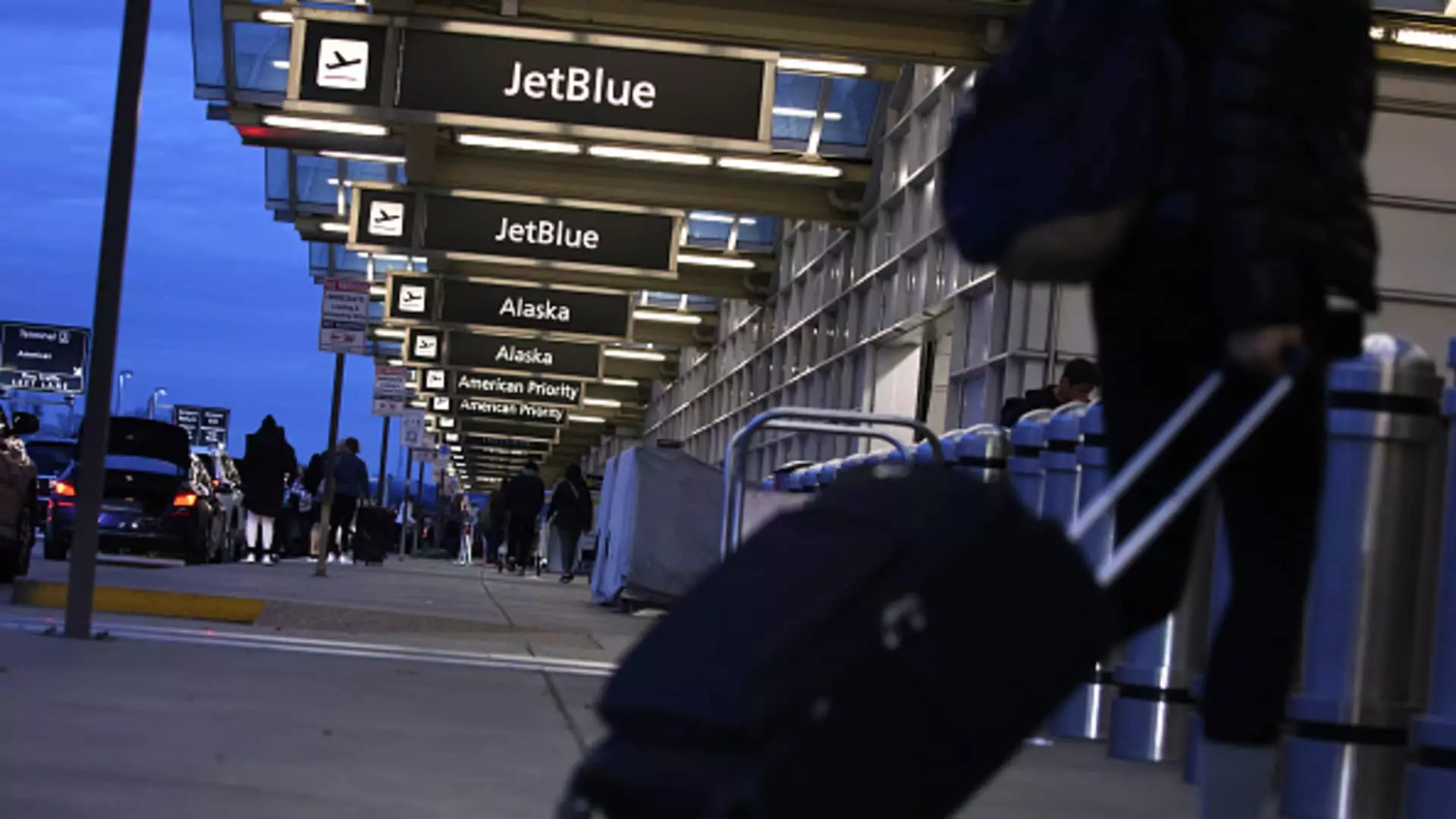In a bid to navigate current financial turbulence, JetBlue Airways is proactively offering voluntary early retirement packages to a segment of its pilot workforce. This decision, communicated to members of their labor union, comes in the context of ongoing efforts to streamline operations and bolster revenue streams while simultaneously addressing operational setbacks linked to a significant Pratt & Whitney engine recall. Such a move suggests that JetBlue is not just reacting to immediate pressures but is also strategically positioning itself for long-term sustainability.
Financial Incentives Tailored for Pilots
The early retirement options are designed with financial incentives that cater specifically to pilots close to retirement age. The Air Line Pilots Association emphasized the details of this arrangement, indicating that pilots would receive compensation equivalent to 55 hours of their hourly rate leading up to their mandatory retirement age or up to 18 months following the separation agreement—whichever comes first. This financial cushion is essential for pilots contemplating retirement, offering them a prudent way to transition out of their roles without significant economic hardship.
For example, an Airbus A320 captain with a dozen years of service can anticipate a payout exceeding $416,000 upon retirement, while an Embraer E190 captain with a shorter tenure expects about $160,000. These figures underscore the financial commitment JetBlue is making to ensure that pilots feel valued and secure in their transition, even as the company grapples with ongoing operational challenges.
JetBlue’s strategy reflects broader challenges that extend beyond simply managing pilot staffing levels. The airline has been under pressure to trim costs in light of various market dynamics, including rising fuel prices and fierce competition in the industry. The introduction of new first-class seating options is part of its effort to enhance revenue. However, these enhancements come at a time when operational efficiency is critical, especially considering the temporary grounding of some aircraft due to the Pratt & Whitney recall. The cumulative impact of these factors reveals a complex landscape that JetBlue must navigate.
This decision by JetBlue could serve as a bellwether for other airlines facing similar pressures. The aviation industry continues to confront a post-pandemic reality characterized by fluctuating demand and operational constraints. As airlines reconsider their workforce structures, it is likely that more will explore voluntary buyouts and early retirement packages to manage labor costs without resorting to layoffs. Such measures highlight a shift towards more flexible workforce management strategies, ensuring that companies maintain critical staffing levels while aligning with financial realities.
While JetBlue’s early retirement initiative presents immediate financial relief for some pilots, it also represents a larger strategic maneuver in response to complex market challenges. The aviation industry must remain agile as it confronts ongoing changes, making decisions today that will resonate well into the future.

